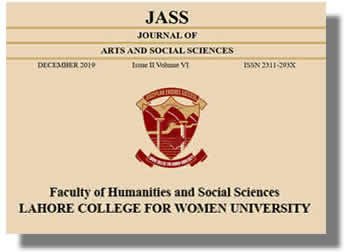A Comparative Study of English Vocabulary Learning Strategies Used by Iranian Bilinguals and Monolinguals
Abstract
The present study is an attempt to explore English vocabulary learning strategies employed by Iranian EFL undergraduate Baluch-Persian bilingual and Persian monolingual students in the University of Sistan and Baluchestan. The study utilized a between-groups research design. The participants of this study were 33 bilingual (Baluch-Persian) and 34 monolingual (Persian) students with an intermediate level of English. Their age ranged from 19 to 24 and. In order to collect the data, adapted version of Schmitt’s (1997) Vocabulary Learning Strategy Questionnaire (VLSQ) with a five-point Likert scale was administrated. Data analysis included descriptive statistics and independent samples t-test. The results indicated that EFL students use a wide range of vocabulary learning strategies. Furthermore, the findings revealed that there was no statistically significant difference between bilinguals and monolinguals regarding English VLSs. Finally, the paper ends up with a number of pedagogical implications for English teachers.






